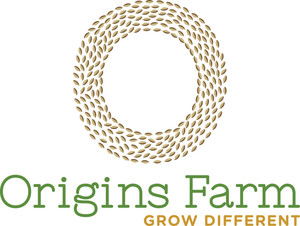19 Apr Fri 2013
In celebration of the Farmall 140
In 1973, a little red tractor died. It was a sign of the times. President Richard Nixon told the Associated Press “…people have got to know whether or not their president is a crook. Well, I’m not a crook.”; The OPEC oil embargo began; Elvis and Priscilla Presley got divorced; Chile’s President, Salvador Allende, was deposed in a military coup; Stevie Wonder released his hit song, “You are the sunshine of my life”; the Vietnam war was on its last legs; the Bahamas declared independence from the UK; and the soap opera “The Young & the Restless” premiered on television. Very few people noticed that a little red tractor died.
The little red tractor, designed and built by the International Harvester company, was affectionately known as the Farmall. It was a compact, general-purpose tractor that developed a marvelous track record as a dependable row-crop tractor. Row crops are crops grown in rows, of course. They include commodity crops like wheat and cotton, to cash crops like potatoes and tomatoes. Born in 1923 as an instrument to replace the horse, the Farmall had three things going for it – it was cheap, it had sufficient power for plowing, and it had a “tricycle” configuration with a single or narrowly spaced wheels in front. It was perfectly designed for a variety of tasks on small to medium family farms, and more importantly as a weed control machine. More than three million Farmall’s were built between 1923 and 1973.

And then things changed. The rise of herbicides for weed control, and the consolidation of the agricultural sector in the late 1960?s, spelled the end of the Farmall. New tractors were made, bigger and better, and the production of Farmall’s were suspended. Had it not been for the resurgence of sustainable farming, environmental awareness, and a growing interest in local food production during the 1990?s, the world would all have forgotten about the the little red tractor. Farmall tractors were resurrected over the last two decades and many can now be found on small scale farms across the world, including ours.
We love ours! It is old and red, cranky but hard working, and the backbone of our operation for many cultivation situations, especially tasks that are too arduous to do by hand. We do most of our farming processes by hand, but our Farmall 140 is a trusted steed when needed.
Alistar

